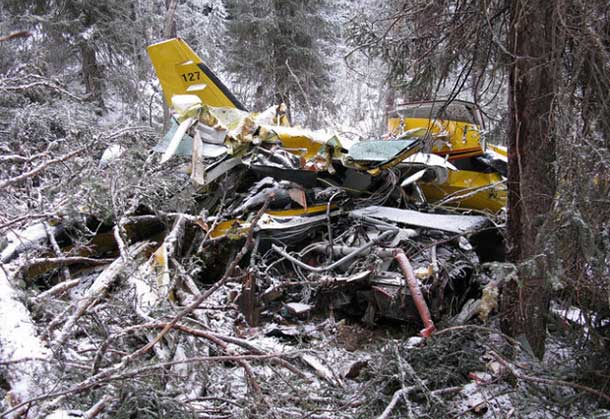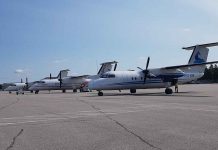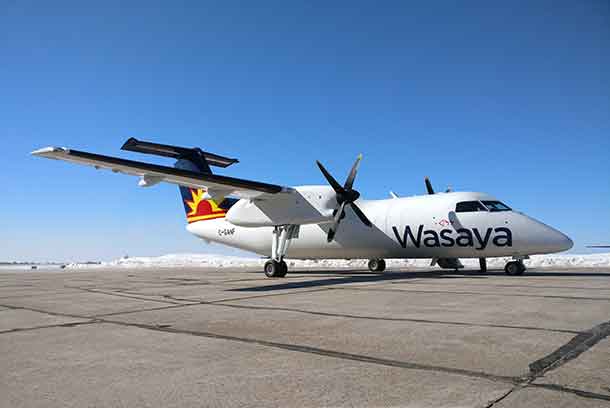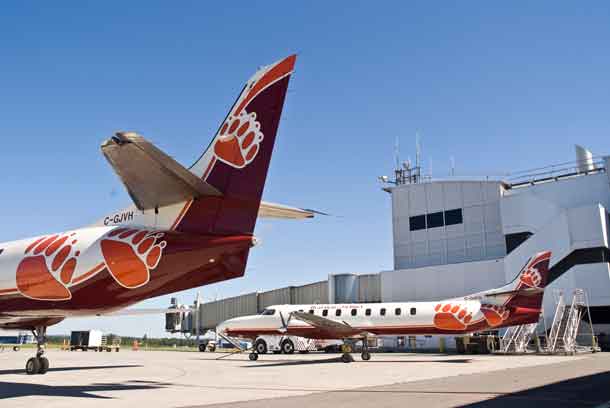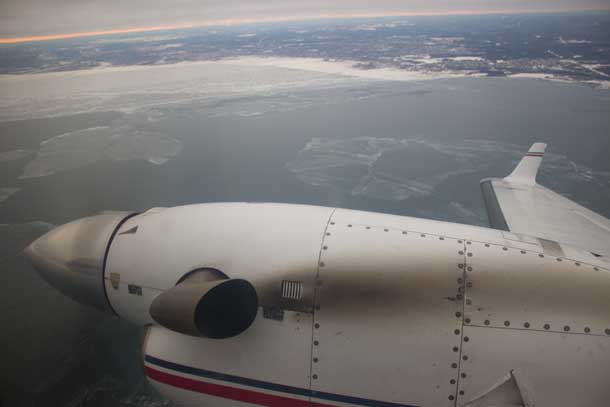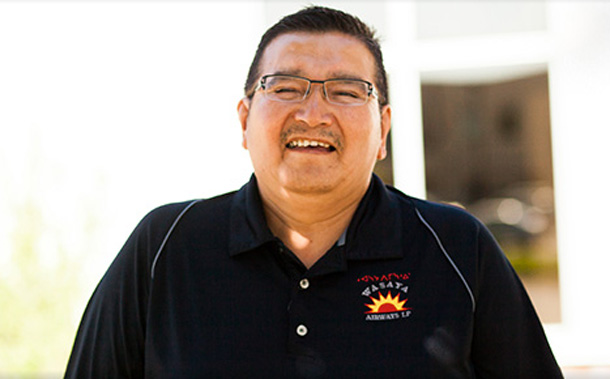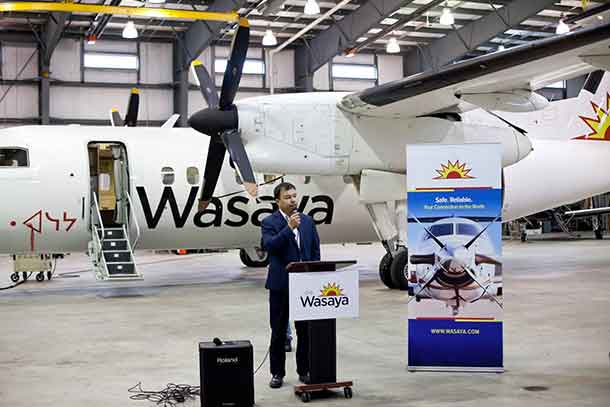
Wasaya Airways Flight 127, a Cessna 208 Caravan Cargo aircraft flown by Captain Nick Little, left Pickle Lake at 9:00AM on Friday December 12th 2015. The cargo flight was destined to Wapekeka.
When the aircraft became overdue and not responding to radio calls, Wasaya’s Emergency Response Team was mobilized and almost simultaneously Canadian Forces Search and Rescue (SARs) notified and assistance to locate the aircraft and pilot sought. An onboard global positioning device carried on all Wasaya aircraft showed the aircraft approximately 28 KM north/northeast of Pickle Lake on or near Tarp Hill.
Visual confirmation by SARs aircraft was made at approximately 1:15PM precisely where the GPS coordinates from the onboard tracking system indicated; 28km north of Pickle Lake. Harsh weather elements hindered rescue efforts. The Ontario Provincial Police (OPP) along with SARs technicians launched a ground recovery operation and arrived at the aircraft site by foot at approximately 10:50PM. Captain Little was unresponsive and could not be resuscitated.
Wasaya chartered a Wisk Air Helicopter Friday, however due to poor weather and heavy icing in the area, the helicopter wasn’t able to arrive until Saturday morning. On Saturday the helicopter was used to take SARs Techs and OPP Investigators to the site, who were then successful in transporting the body of Captain Little to Pickle Lake.
“We are grieving the loss of Captain Nick Little. Our focus is caring for Nick’s family and our Wasaya family,” said Michael Rodyniuk, Wasaya President & CEO.
“The aviation industry has been incredibly supportive, providing support and services, all of which we are grateful for receiving. To all those who have reached out we say thank you for your support, kind words and prayers. We continue to ensure the safety of our guests, crews, personnel and the communities we serve. Safety is our priority,” Rodyniuk concluded.
